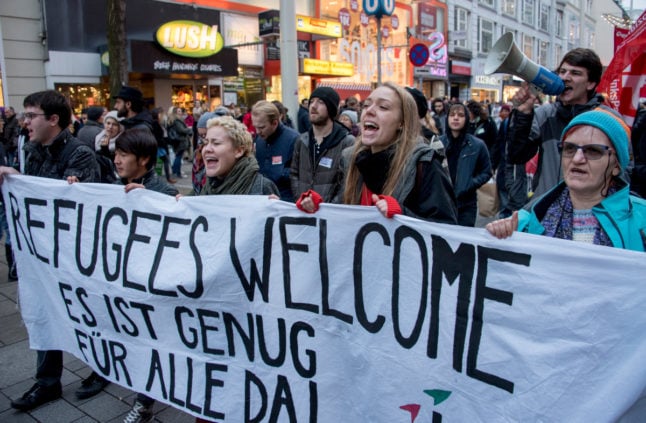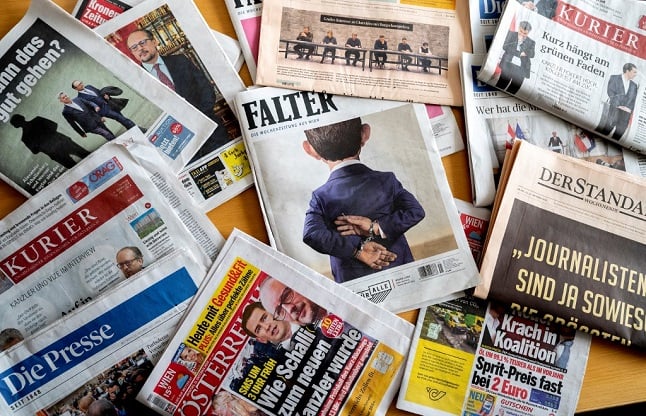Asylum policy is a controversial topic in Austria, especially in an election year. The far-right has been pushing its anti-immigration agenda to gather support ahead of federal elections later this year.
While the sheer number of refugees can shape an election, differences in who those refugees are and where they come from also create challenges and demands for government action.
The profile of those seeking asylum in Austria has changed compared to recent years.
In the first quarter of 2024, almost a third of asylum applications came from children between the ages of zero and seven, as Austrian media has reported.
Around 53 percent of applicants are minors, and the proportion of women seeking asylum has also risen significantly. However, the overall number of asylum applications during the period fell by 32 percent compared to the same period the year before.
Whereas 2023 most asylum applications in Austria were from males (only around 24 percent of applications were submitted by women), the country is now experiencing the “family reunification” phenomenon. In other words the wifes and children are following to seek protection.
Asylum applicants are still mostly from Syria and Afghanistan – two nationalities with a high chance of obtaining protection in Austria. Only 30 percent of applications from Syrians were rejected, whereas for Afghans 39 percent were refused.
READ ALSO: Border centres and ‘safe’ states: The EU’s major asylum changes explained
What does the change in profile mean for Austria?
One immediate consequence of the influx of children has already been seen in Vienna, the destination of most refugees: the school system is overwhelmed with the new arrivals, as several Austrian newspapers have reported in the last few weeks.
“This is putting such a strain on the system that high-quality teaching is hardly possible any more,” Thomas Krebs, a union representative, told Kurier. According to the report, around 300 children will arrive in Vienna every month, resulting in a need for 140 classes by the end of the school year.
The Austrian capital was already overwhelmed by a shortage of teachers and an overflow of schoolchildren—particularly since the war in Ukraine, when 4,000 children were integrated into Vienna’s schools from February 2022.
The kids coming from Syria also need more support than merely German classes: “The Syrian children who come to us from refugee camps are a particular challenge for the system. Many are traumatised and often not even literate in their own language,” Krebs said.
He added that children need to spend more time in kindergarten—to learn “the basics, not just the language.” The education expert also believes it’s necessary to invest more in extracurricular activities, where young people can learn German, acquire behavioural skills that are important for school, and learn how to spend their free time meaningfully.
READ ALSO: What’s the reason behind the drop in Austrian asylum seeker claims?
What is Vienna doing?
Vienna’s Department of Education points out that new teachers are being recruited. In the current academic year, 2,400 teachers have been hired, Kurier reported.
Director of Education Heinrich Himmer said: “We support pupils and face the challenges together so that learning and living together work well. I would like to thank everyone who works so hard in Vienna’s schools. However, the responsibility for integration is an all-Austrian one, where solutions exist at the federal level.”
How does family reunification work?
There is a special process for granting family reunification rights for family members of refugees in Austria.
According to information from the Federal Office for Immigration and Asylum, if a foreigner has been granted asylum status in Austria, family members can apply for an entry permit at an Austrian representation authority abroad within three months of this status being granted.
If this is granted, they can travel to Austria to apply for asylum in the family procedure and receive the same protection status as the reference person. If the application is only submitted after three months, they must also provide proof of adequate accommodation, health insurance, and income.



 Please whitelist us to continue reading.
Please whitelist us to continue reading.
Member comments